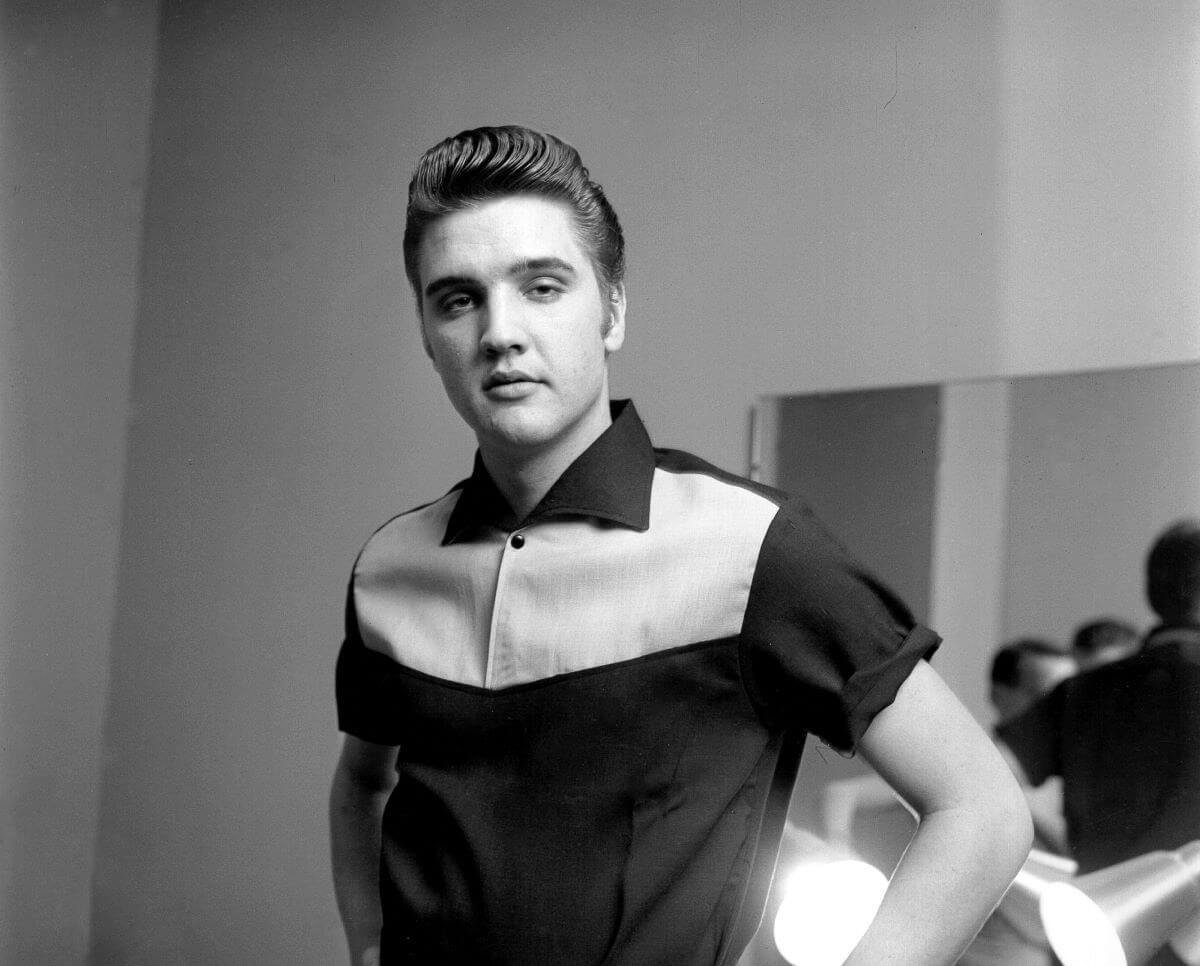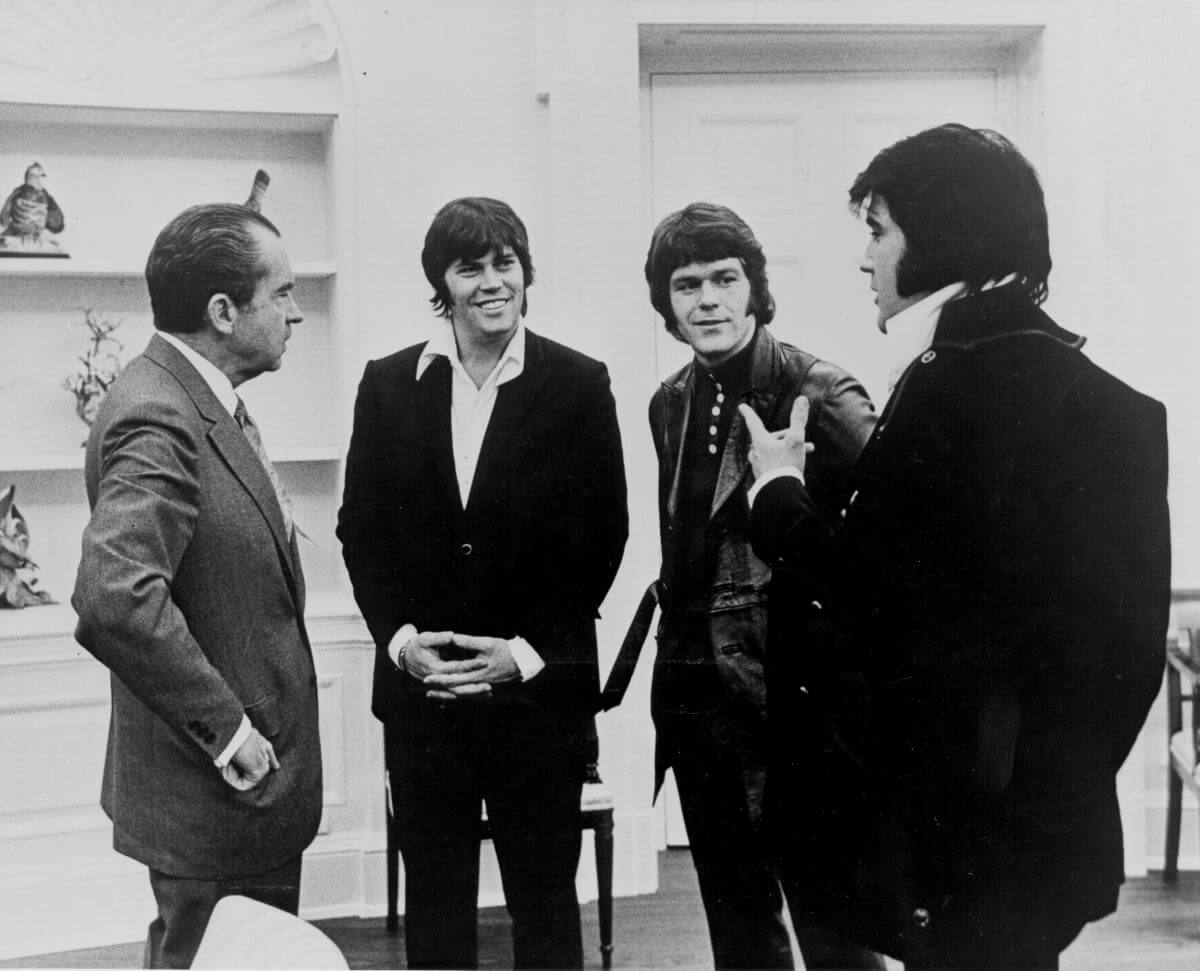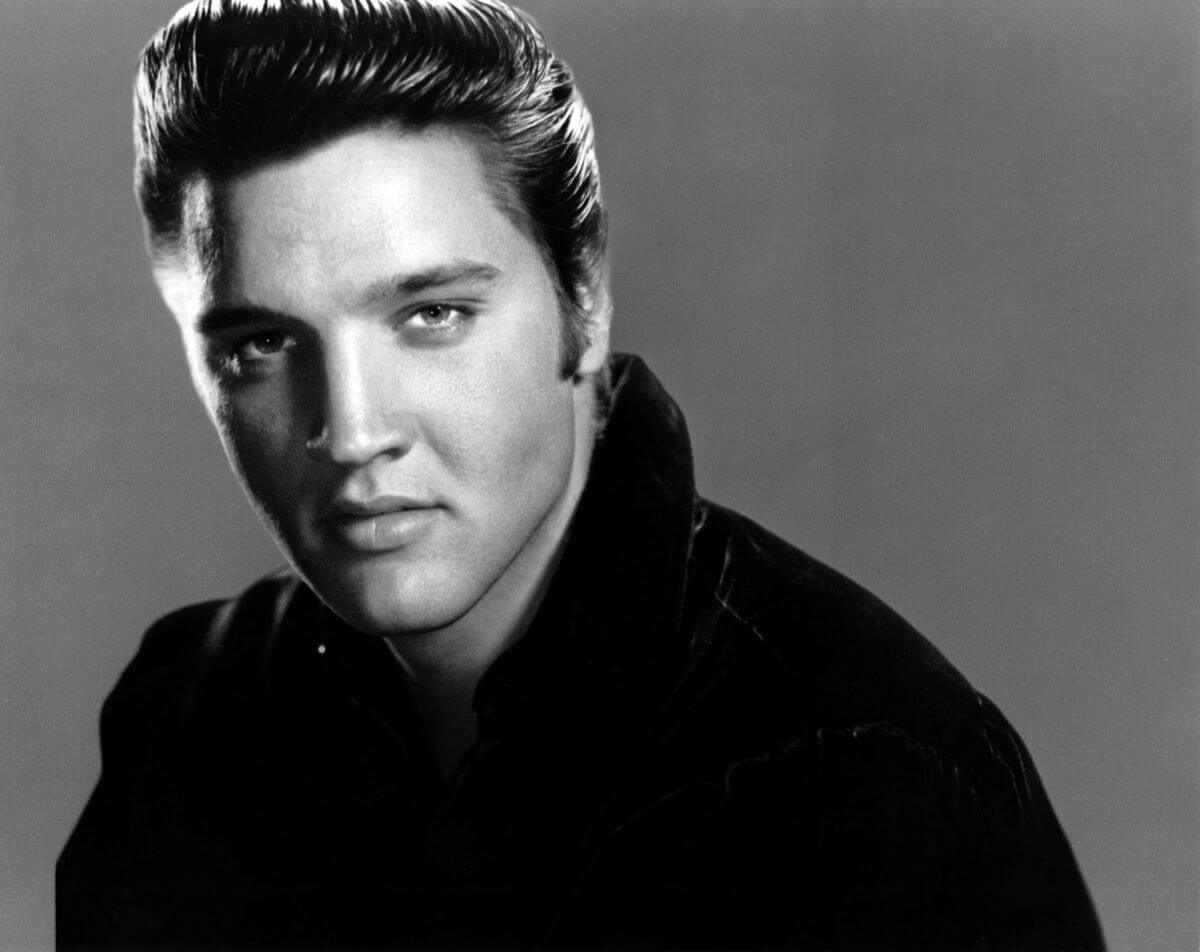
Elvis’ Friend Teared Up When He Saw How Terrible Elvis Looked on Tour
In the 1970s, Elvis Presley’s career and wellbeing took downturns so concerning that his friend was moved to tears. Though Elvis continued to play to large, adoring audiences, the people close to him could tell that something was off. He seemed so shaky on tour that his friend could scarcely believe what he was seeing.
Elvis Presley’s friend grew concerned for the musician
At a tour stop in Maryland, Elvis’ health seemed to take a turn for the worse. Keyboard player Tony Brown watched in disbelief as the musician struggled to get out of a car.
“My first night was College Park, Maryland,” Brown said in the book Careless Love: The Unmaking of Elvis Presley by Peter Guralnick. “I was scared, my hands were sweating, and I’m waiting backstage for Elvis to arrive. He pulls up in the car, and he fell out of the limousine, to his knees. People jump to help, and he pushed them away like, ‘Don’t help me.'”

Though Elvis got up, Brown said he still seemed to be struggling. Everyone began to wonder if they should cancel the concert.
“He walked onstage and held on to the mike for the first thirty minutes like it was a post,” Brown said. “Everybody’s looking at each other like, Is the tour gonna happen? Is he sick? Is it gonna be canceled.'”
One of these onlookers was Elvis’ longtime friend and bodyguard, Sonny West. He had been away from the musician for several weeks and found the change in him particularly concerning.
“He was so torn up,” bodyguard Dave Hebler said, “the tears just came to [his] eyes.”
Elvis’ friends grew worried about his drug use during this tour
Despite their concern, Elvis appeared to have recovered by the following night. That same tour, though, Elvis’ entourage realized the musician was taking cocaine that another singer was providing him.
“I kicked in the door and broke [the singer’s] foot and told him if he ever brought any more drugs around it was going to be a lot worse,” bodyguard Red West said. “[But] then Elvis found out about it and called us into his room and said, ‘I don’t like these bully tactics. I need [the coke].’ And I said, ‘Man, if you need it, I’m not going to say any more about it. You can have it.'”
Priscilla Presley believed the musician was purposely self-destructing
By the mid-1970s, everyone in Elvis’ life worried about him.
“By 1976, everyone was becoming alarmed over his mental state as well as his physical appearance,” Priscilla Presley wrote in her book Elvis and Me. “His face was bloated, his body unnaturally heavy. The more people tried to talk to him about this, the more insistent he became that everything was all right.”

Priscilla believed Elvis was purposely sabotaging his health and career. He struggled to see a future for himself.
“In time, it became evident that he was letting his health go,” she wrote. “His behavior at times was deliberately self-destructive. On a few occasions he’d say, ‘I’ll never make it much beyond forty.’ We’ve all made such statements, but with Elvis the thought was deep-seated and chronic.”


